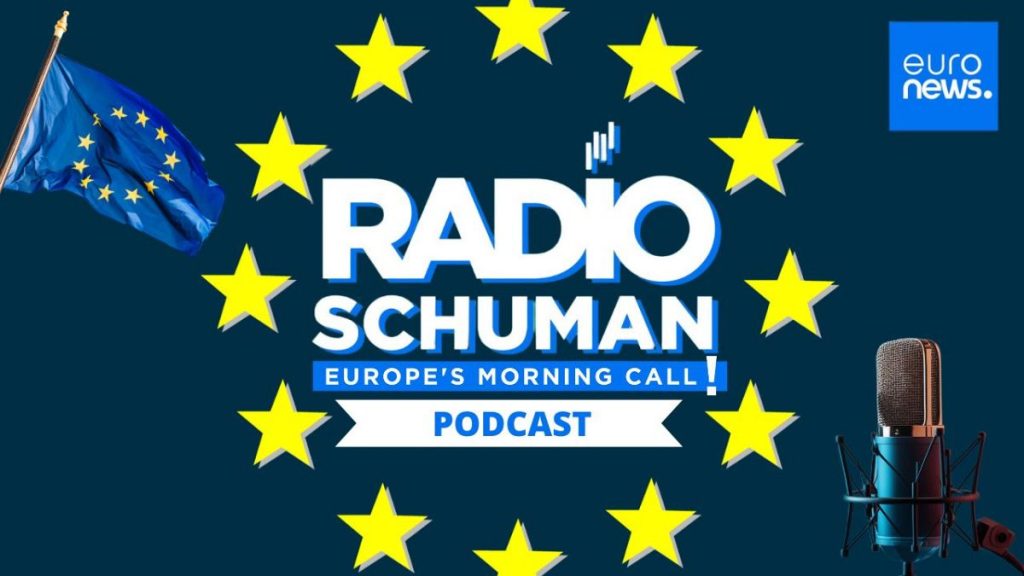The EU’s Syria Sanctions: A Humanitarian Impasse?
Human Rights Watch (HRW), a prominent international human rights organization, has called upon the European Union (EU) to critically re-evaluate its sanctions regime imposed on Syria. HRW argues that these sanctions, while intended to pressure the Syrian government and address human rights abuses, are inadvertently exacerbating the humanitarian crisis and inflicting undue economic hardship on the Syrian population. The organization contends that the sanctions are hindering the delivery of essential aid and impeding the recovery of the Syrian economy, thereby deepening the suffering of ordinary citizens. This call for a review comes amid a complex and evolving situation in Syria, marked by ongoing conflict, political instability, and a dire humanitarian situation. The EU’s approach to Syria, including its sanctions policy, has become a subject of intense debate and scrutiny.
Navigating the Syrian Quagmire: Sanctions, Dialogue, and the HTS Conundrum
The EU’s policy towards Syria faces a myriad of intricate challenges, particularly regarding engagement with the Assad regime and the designated terrorist group, Hayat Tahrir al-Sham (HTS). HRW’s call for a review of sanctions raises fundamental questions about the effectiveness and humanitarian consequences of such measures. While sanctions aim to exert pressure on the Syrian government, their impact on the civilian population necessitates careful consideration. Furthermore, the EU’s stance towards HTS, a dominant force in parts of Syria, presents a complex dilemma. Dialogue with HTS, despite its terrorist designation, has been suggested by some as a potential avenue for addressing the humanitarian crisis and advancing a political solution. However, such engagement carries significant political and security risks and remains highly controversial. The EU must carefully navigate these complexities to formulate a coherent and effective Syria policy that balances competing priorities.
The TikTok Inquiry and EU Law Enforcement: Ensuring Accountability and Transparency
Beyond the Syrian crisis, the European Commission faces pressing issues related to digital governance and the enforcement of EU law. The ongoing investigation into TikTok, the popular social media platform, underscores concerns about data privacy, user safety, and potential influence from foreign governments. The Commission’s scrutiny of TikTok reflects a broader effort to regulate the digital sphere and protect European citizens’ rights in the online environment. Concurrently, the European Court of Auditors has released a report assessing the Commission’s performance in enforcing EU law. This report highlights the importance of robust enforcement mechanisms to ensure compliance with EU regulations across various sectors, including environmental protection, consumer rights, and competition policy.
Addressing the Gender Pay Gap: A Persistent Challenge for European Workplaces
Gender equality remains a significant concern within the EU, with the persistence of the gender pay gap highlighting the ongoing disparities between men and women in the workplace. Despite legislative efforts and policy initiatives aimed at promoting equal pay, women continue to earn less than men for comparable work. This disparity reflects deeply ingrained societal biases and structural inequalities that hinder women’s economic empowerment. The EU’s commitment to closing the gender pay gap requires sustained efforts to address the root causes of this inequality and ensure equal opportunities for women in the labor market.
Radio Schuman: A Platform for European Dialogue and Analysis
Radio Schuman, the EU-focused radio program, serves as a valuable platform for discussing these critical issues and fostering informed public discourse. By featuring expert analysis and diverse perspectives, Radio Schuman contributes to a deeper understanding of the challenges facing Europe and the potential solutions. The program’s focus on topics such as EU sanctions, digital governance, and gender equality reflects the breadth and complexity of the European policy landscape.
In-depth Analysis and Expert Commentary on Radio Schuman
Radio Schuman’s interview with Adam Coogle of Human Rights Watch provides valuable insights into the humanitarian implications of EU sanctions on Syria. This expert commentary sheds light on the complex interplay between sanctions, humanitarian aid, and the plight of Syrian civilians. The program’s exploration of potential dialogue with HTS further enriches the discussion, highlighting the difficult choices facing policymakers in addressing the Syrian conflict. By presenting diverse perspectives and expert analysis, Radio Schuman contributes to a more nuanced understanding of these critical issues. The program’s examination of the TikTok investigation and the European Court of Auditors report underscores the importance of accountability and transparency within the EU. Furthermore, the discussion on the gender pay gap highlights the ongoing struggle for gender equality in European societies. Through its comprehensive coverage of these diverse topics, Radio Schuman serves as a valuable resource for understanding the complex challenges and opportunities facing Europe today.

